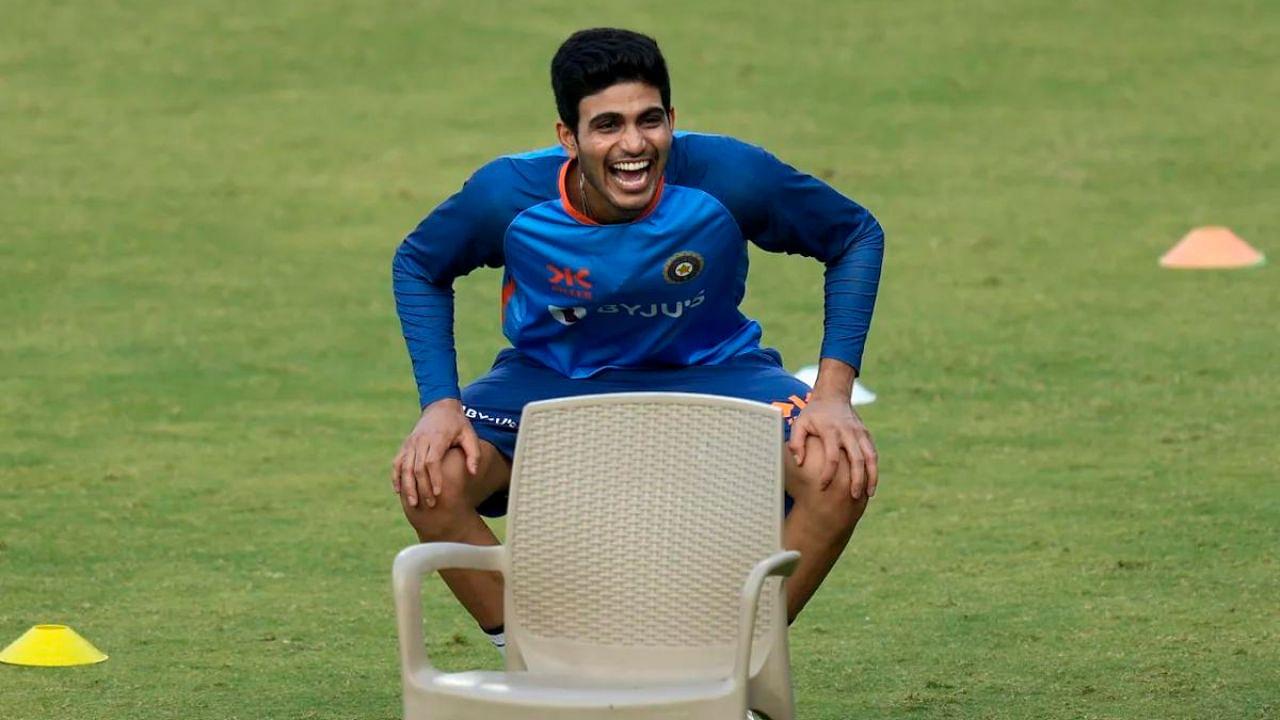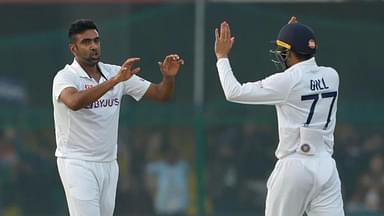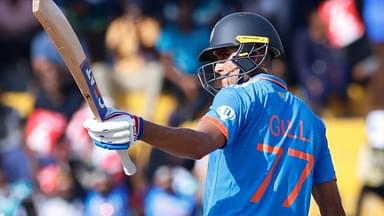The leading run-scorer in One Day Internationals this year so far, team India’s opening batter Shubman Gill seems to be threading the right track to fill in Shikhar Dhawan’s big shoes in the format.
Advertisement
Averaging 78 across nine ODI innings this year, the 23-year-old might well go on to become the fastest batter ever to 2,000 ODI runs, if he consistently keeps up with his run-scoring form.
Born in the state of Punjab in the year 1999, Gill had developed a keen interest in the sport at a tender age of three. “A bat and ball were the toys for him,” Shubman’s father Lakhwinder Singh would once state in an interview while explaining how the former never had an interest in playing with the conventional toys.
Resultantly, in April 2007 with Shubman as young as seven, Lakhwinder decided to take a tough decision of moving to Mohali with his family. He got his son enrolled in the Mohali Cricket Association Academy near the PCA Stadium, where Shubman started putting in the hard yards.
Shubman Gill village name
Shubman Gill was born in the Fazilka district of Punjab on September 8, 1999. His father Lakhwinder Singh Gill, an agriculturist by profession, hails from his native village of Chak Khehrewala located in Punjab’s Ferozepur district.
Gill’s father had even developed a ground in his farm, where he used to offer INR 100 to the village boys who would manage to dismiss him while batting.
A village found by Gill’s ancestors
The Chak Khehrewala village, also known as the Chak Jaimal Singh Wala village was founded by Gill’s ancestors. The family has been residing in the very village since decades, except during the three India-Pakistan wars which the country had witnessed in the past.
Thus, when Shubman’s father Lakhwinder decided to leave the ancestral village for Mohali, the former’s grandfather Didar Singh Gill was naturally left teary-eyed.
“The village was founded by my great grandfather Jaimal Singh and all our ancestors have been farmers and stayed in this village. We shifted to (nearby village) Muktsar with our belongings during the three India-Pakistan wars but then we came back again,” said Didar Gill during an interaction with The Indian Express in the year 2018.




